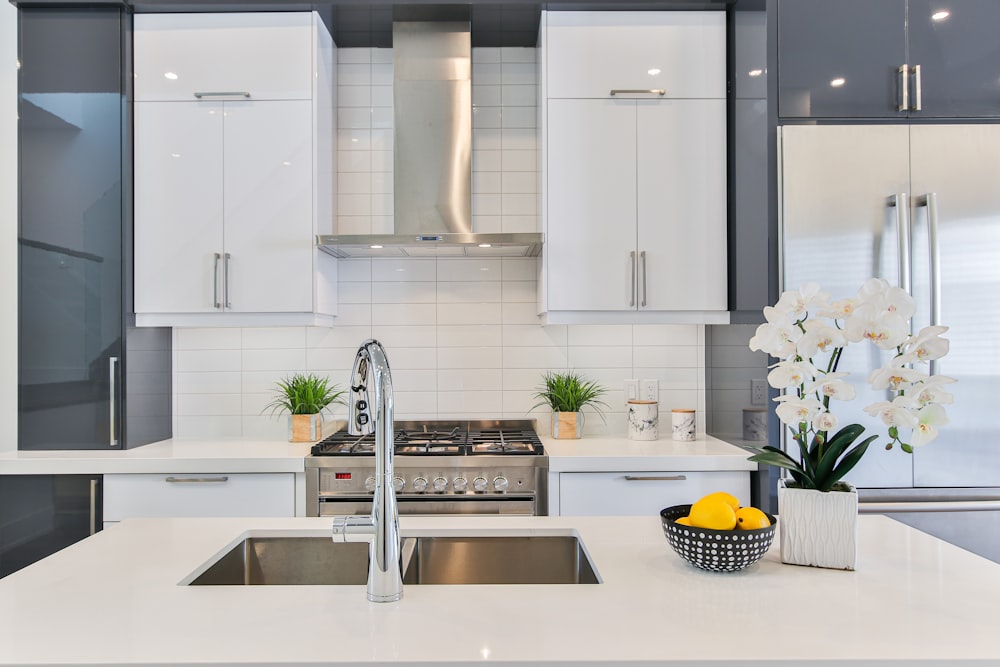
Simplify and Thrive: Mastering Effective Decluttering Techniques
In a world filled with constant stimuli and possessions, the art of decluttering has become a crucial skill for maintaining a sense of calm and order. Effective decluttering techniques not only create organized living spaces but also contribute to mental well-being and increased productivity.
Understanding the Psychology of Clutter:
Before diving into decluttering techniques, it’s essential to understand the psychology of clutter. Clutter can contribute to feelings of overwhelm and stress. Recognizing the impact of a cluttered environment on mental well-being is the first step toward embracing a minimalist and organized lifestyle.
The KonMari Method:
Marie Kondo’s KonMari Method has gained international acclaim for its approach to decluttering. The method encourages individuals to evaluate possessions based on whether they “spark joy.” By focusing on items that bring happiness and letting go of the rest, the KonMari Method promotes a mindful and intentional approach to decluttering.
Room-by-Room Approach:
Taking a room-by-room approach is an effective way to declutter without feeling overwhelmed. Start with one room, such as the bedroom or living room, and systematically go through items. This approach allows for a more focused and manageable decluttering process.
Decluttering in Categories:
An alternative to the room-by-room approach is decluttering by categories. This method, popularized by organizing expert Peter Walsh, involves tackling similar items across different rooms. For example, decluttering all clothing items, books, or kitchenware at once ensures a comprehensive and systematic cleanout.
The 90/90 Rule:
The 90/90 rule poses a simple question: Have I used this item in the last 90 days, and will I use it in the next 90 days? If the answer is no, it might be time to part ways with the item. This rule encourages a practical and realistic evaluation of possessions, preventing unnecessary accumulation.
Digital Decluttering:
In the digital age, decluttering extends beyond physical spaces to digital environments. Digital decluttering involves organizing files, deleting unused apps, and streamlining email inboxes. Unsubscribing from unnecessary newsletters and organizing digital files contribute to a more streamlined and efficient digital experience.
One-In, One-Out Rule:
To prevent future clutter, adopt the one-in, one-out rule. For every new item brought into the home, commit to removing one existing item. This rule encourages thoughtful consideration before acquiring new possessions, ensuring a constant balance in the living space.
Mindful Consumerism:
Embracing mindful consumerism is a long-term decluttering strategy. Before making a purchase, ask yourself if the item is truly needed and adds value to your life. Avoiding impulsive buys and focusing on intentional consumption contribute to a clutter-free and purposeful lifestyle.
Creating Decluttering Habits:
Incorporating decluttering habits into daily or weekly routines is key to maintaining an organized living space. Set aside time regularly to declutter small areas, sort through mail, or organize belongings. Consistent habits prevent clutter from accumulating and make the overall decluttering process more manageable.
Decluttering for Mental Well-being:
Beyond the physical benefits, decluttering has a profound impact on mental well-being. A clutter-free environment reduces visual distractions and promotes a sense of calm. The act of decluttering itself can be therapeutic, providing a tangible way to regain control and create a harmonious living space.
Decluttering Techniques at BusinessInc:
At BusinessInc, we recognize the importance of decluttered workspaces for employee productivity and well-being. Our offices are designed with decluttering principles in mind, promoting organized and efficient work environments. Learn more about our commitment to workspace organization on our website.
Conclusion: Thriving in Simplicity
In conclusion, mastering effective decluttering techniques is not just about organizing physical spaces; it’s a holistic approach to simplifying life and thriving in simplicity. Whether adopting popular methods like KonMari or creating personalized decluttering habits, the journey towards a clutter-free lifestyle is a transformative one, contributing to a sense of peace and fulfillment.


